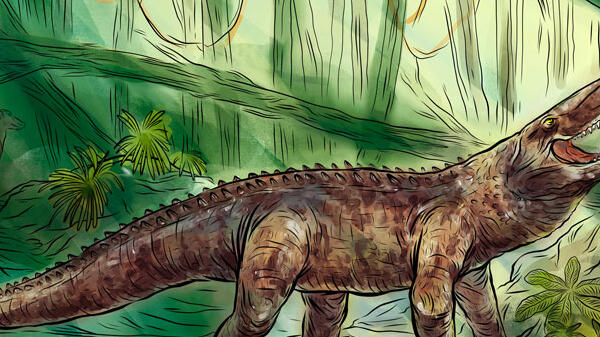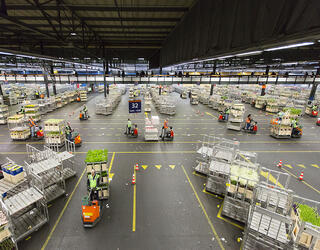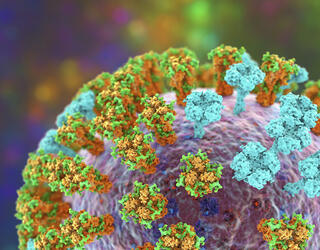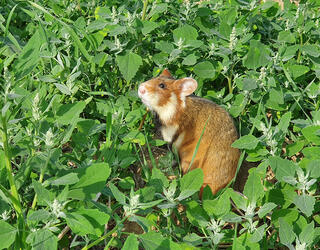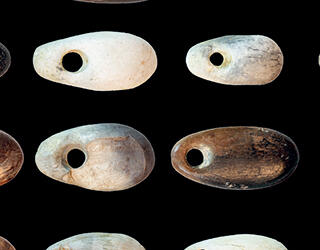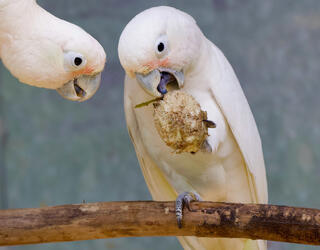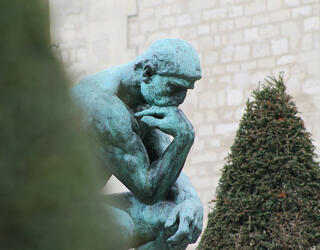Professor Mehdi Beniddir, both a researcher in chemistry and a pharmacist, explains how pharmacognosy makes it possible to develop new medicinal drugs from substances found in nature.
Article
05.16.2024
A massive asteroid struck the Earth 66 million years ago, dramatically affecting marine and terrestrial environments, and causing the mass extinction of numerous animal and plant species. The sebecosuchians, a highly-adaptable group of reptiles belonging to...
Slideshow
04.26.2024
In March 2020, France was one of the countries that adopted the strictest lockdown measures in an attempt to curb the Covid-19 pandemic. The historian and sociologist Nicolas Mariot looks back at this experiment in mass obedience.
Article
04.26.2024
Our topics
Article
11.20.2023
The third most common reason for consulting a doctor, vertigo and its causes are increasingly well understood. Numerous options are being explored to relieve patients.
Article
11.16.2023
After decades of repressive legislation, the way in which societies regulate the use of psychoactive substances is evolving but remains decidedly ambiguous.
Article
11.15.2023
Essential links in the global economic system, the number and size of warehouses has increased sharply across the planet. The sociologist Delphine Mercier explains why she is interested in this “...
10.30.2023
Glycobiology, or study of the biological functions of saccharides, is a fully fledged research field that could one day lead to novel treatments for infections.
10.27.2023
European hamsters, declared critically endangered since 2020, have seen three quarters of their global population disappear in the past 50 years. Intensive cereal monoculture has been identified as...
10.26.2023
The Natufian culture developed between 13,000 and 9,650 years ago in northern Israel, on the eastern coast of the Mediterranean. Recent discoveries suggest that these hunter-gatherers used red...
10.26.2023
Behind its easy-going, accessible appearance, Silicon Valley is a black box that is difficult to grasp. The sociologist Olivier Alexandre provides some keys for doing so, after spending several years...
10.17.2023
How do planets form? How did life emerge from lifeless matter? Does it exist elsewhere? These are just some of the questions that the multidisciplinary Origins programme will attempt to answer.
Article
10.10.2023
Launched on 26 September, the ATLASea research programme will investigate marine biodiversity in mainland France and its overseas territories over a period of eight years. The aim is to collect as...
Article
10.09.2023
As this month saw the celebration of World Animal Day, more and more studies demonstrate the existence of animal cultures and social transmission within a given species. Discover another instalment...
10.04.2023
How do our ideas, perceptions and emotions take form to produce a thought? To answer this question, researchers and philosophers are investigating the hypothesis of a specific language of thought....
10.04.2023
How does a baby’s mind work? They may be small, but from their very first moments, human beings are always absorbing information. And while they may...



